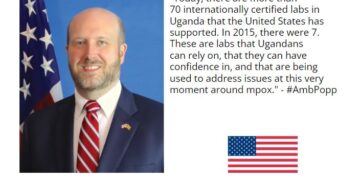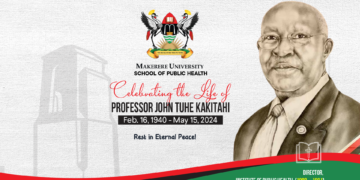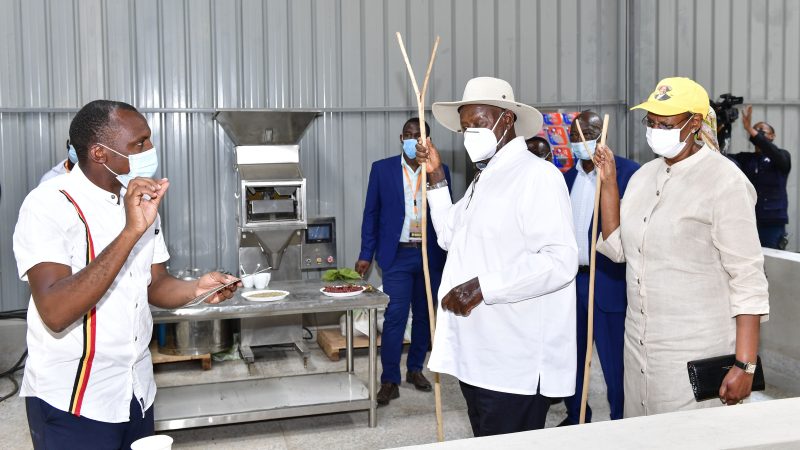Kampala, Uganda – In a groundbreaking exploration into the pervasive issue of alcohol use among pregnant women in post-conflict Northern Uganda, Dr. Agiresaasi Apophia’s doctoral study has revealed startling insights but also proposed solutions.
Graduating from Makerere University’s College of Health Sciences today, Dr. Agiresaasi’s dedicated study investigated “Alcohol Use among Pregnant Women: Prevalence, Women’s Experiences, and the Effect of a Communication Intervention.”
Her study delves deep into the various facets of alcohol use, examining predictors, prevalence, and the impact of a communication intervention on pregnant women in the aftermath of conflict in Northern Uganda.
The study brings to light the complex landscape of women’s attitudes and experiences concerning alcohol use during pregnancy in Uganda and the region.
Findings
The study reveals that 23% of respondents reported alcohol use (in any amount) during their current pregnancy.
Shockingly, 30% of these drinkers were identified as binge drinkers, and 4% exhibited signs of alcohol dependence, while 8% were categorized as hazardous alcohol users.
Her study further found that residence, parity, knowledge, attitude, and social networks were significant predictors of alcohol use during pregnancy.
As such, the research portrays a nuanced understanding of the socio-cultural factors influencing pregnant women’s decisions to consume alcohol.
Beyond the statistics, Dr. Agiresaasi’s study offers an in-depth exploration of the individual beliefs and challenges that shape women’s decisions to drink during pregnancy.
During her study, while some women expressed favorable attitudes towards maternal drinking, others harbored misgivings, highlighting the diverse and complex spectrum of opinions within the community.
Additionally, societal norms and values were identified as influential factors, contributing to the allure of alcohol consumption during pregnancy.
Dr. Agiresaasi’s work brings to light the multifaceted nature of this public health issue, shedding light on the intricate web of cultural, social, and individual factors at play.
Recognizing the severe consequences of binge drinking during pregnancy, her study introduces a communication intervention aimed at reducing this harmful behavior.
While binge drinking has been linked to Fetal Alcohol Exposure (FAE), a direct cause of Fetal Alcohol Spectrum Disorders (FASD), her communication intervention seeks to address this pressing concern and contribute to the prevention of FASD.
Her study was made possible through funding from the Makerere University Research Innovations Fund and was conducted under the expert supervision of Prof. Nazarius Mbona Tumwesigye and Prof. Linda Goretti Nassanga Lugolobi.
Dr. Agiresaasi’s study findings are poised to make a significant impact on public health interventions, policy development, and community awareness regarding alcohol use among pregnant women in post-conflict settings.















































